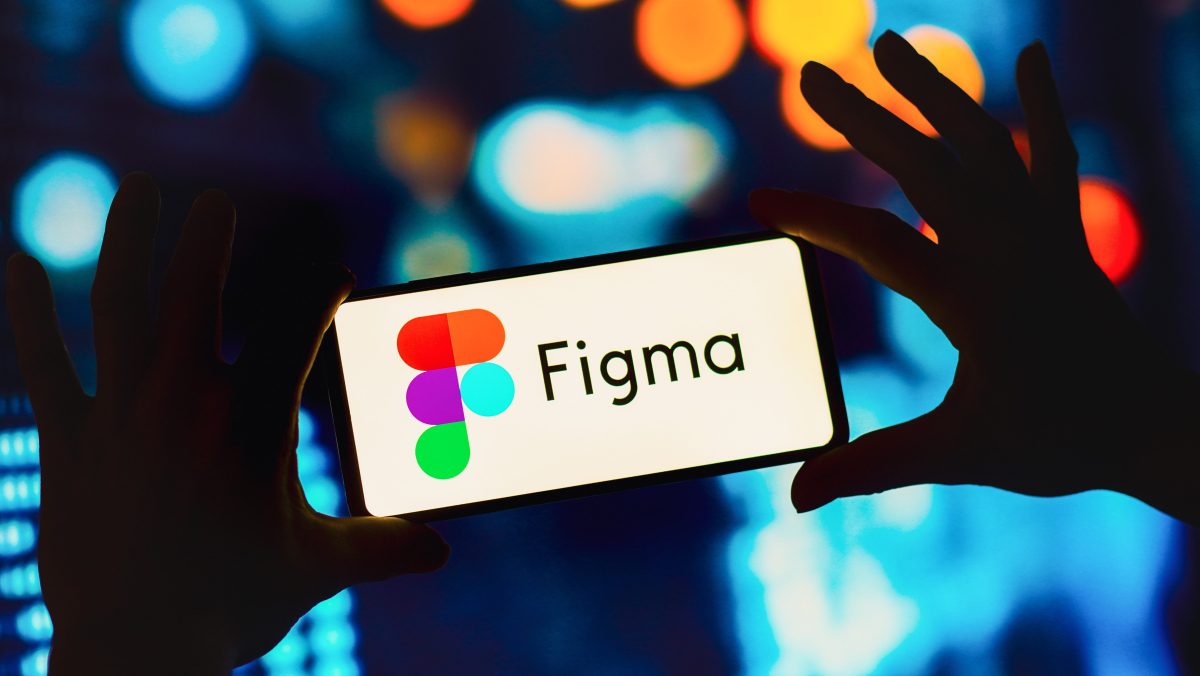
google vows to stop scam e-z pass Google has initiated legal action to combat a surge of phishing attacks that have been targeting millions of individuals worldwide, particularly through deceptive communications that impersonate legitimate entities.
google vows to stop scam e-z pass
Overview of the Legal Action
On Wednesday, Google filed a complaint against a cybercriminal group based in China, alleging that they are responsible for distributing “phishing for dummies” kits. These kits are designed to assist inexperienced fraudsters in executing large-scale phishing campaigns. The complaint highlights the alarming trend of these scams, which often involve impersonating well-known brands, government agencies, and even personal contacts to deceive victims into disclosing sensitive information.
The Nature of Phishing Attacks
Phishing attacks have become increasingly sophisticated, leveraging social engineering tactics to exploit human psychology. The primary goal of these attacks is to trick individuals into revealing sensitive data, such as passwords, credit card numbers, and banking information. The cybercriminals behind these schemes often create a sense of urgency or fear, prompting victims to act quickly without fully considering the legitimacy of the request.
Types of Scams Targeting Victims
According to Google’s complaint, the phishing campaigns include a variety of scams, such as:
- Fake Toll Notices: Victims receive messages that appear to be legitimate toll notices, prompting them to click on links that lead to fraudulent websites.
- Bogus E-Commerce Deals: Scammers promote fake products or services at attractive prices, luring victims into providing personal and financial information.
- Impersonation of Financial Institutions: Phishing messages that mimic communications from banks or credit card companies, often requesting account verification or updates.
The “Lighthouse” Kits
Central to Google’s allegations are the branded “Lighthouse” kits, which are marketed to cybercriminals as comprehensive tools for executing phishing attacks. These kits reportedly offer two distinct versions of software, tailored for different types of scams: SMS phishing and e-commerce fraud.
Features of the Kits
The “Lighthouse” kits are designed to be user-friendly, even for those with limited technical skills. Key features include:
- Hundreds of Templates: The kits provide a vast array of templates for creating fake websites that closely resemble legitimate ones, making it difficult for victims to discern the fraud.
- Domain Setup Tools: Users can easily set up domains for their fraudulent websites, further facilitating the execution of their scams.
- Subscription Options: The kits offer various subscription models, including weekly, monthly, seasonal, annual, or permanent licenses, allowing cybercriminals to choose the plan that best suits their needs.
The Implications of Phishing Attacks
The rise of phishing attacks poses significant risks not only to individual victims but also to businesses and the broader economy. The financial losses incurred from these scams can be substantial, with estimates suggesting that phishing attacks cost businesses billions of dollars annually. Moreover, the erosion of trust in digital communications can have long-lasting effects on consumer behavior.
Impact on Individuals
For individuals, falling victim to a phishing scam can lead to severe consequences, including:
- Financial Loss: Victims may lose money directly through unauthorized transactions or indirectly through identity theft.
- Emotional Distress: The experience of being scammed can lead to feelings of shame, anxiety, and mistrust in online interactions.
- Long-term Consequences: Victims may face ongoing issues related to credit and identity theft, requiring significant time and effort to resolve.
Impact on Businesses
Businesses are also at risk from phishing attacks, which can result in:
- Data Breaches: Successful phishing attempts can lead to unauthorized access to sensitive company data, resulting in costly data breaches.
- Reputation Damage: Companies that fall victim to phishing attacks may suffer reputational harm, leading to a loss of customer trust.
- Regulatory Consequences: Businesses may face legal repercussions if they fail to protect customer data adequately.
Stakeholder Reactions
The legal action taken by Google has garnered attention from various stakeholders, including cybersecurity experts, law enforcement agencies, and consumer advocacy groups. Many view this lawsuit as a necessary step in the fight against cybercrime.
Cybersecurity Experts
Cybersecurity professionals have praised Google’s efforts to combat phishing attacks. They emphasize the importance of holding cybercriminals accountable and highlight the need for increased collaboration between tech companies and law enforcement to address the growing threat of phishing.
Law Enforcement Agencies
Law enforcement agencies have expressed support for Google’s legal action, recognizing the challenges posed by international cybercrime. They stress the importance of sharing intelligence and resources to effectively combat these threats.
Consumer Advocacy Groups
Consumer advocacy organizations have welcomed the lawsuit, viewing it as a proactive measure to protect individuals from falling victim to scams. They urge consumers to remain vigilant and educate themselves about the signs of phishing attacks.
Conclusion
Google’s lawsuit against the cybercriminal group in China represents a significant effort to combat the rising tide of phishing attacks that are affecting millions globally. By targeting the tools and resources that enable these scams, Google aims to disrupt the operations of cybercriminals and protect consumers from the harmful consequences of phishing.
As phishing tactics continue to evolve, it is crucial for individuals and businesses to remain informed and vigilant. Awareness and education are key components in the fight against cybercrime, and initiatives like Google’s lawsuit can play a pivotal role in safeguarding digital interactions.
Source: Original report
Was this helpful?
Last Modified: November 12, 2025 at 4:36 pm
0 views















